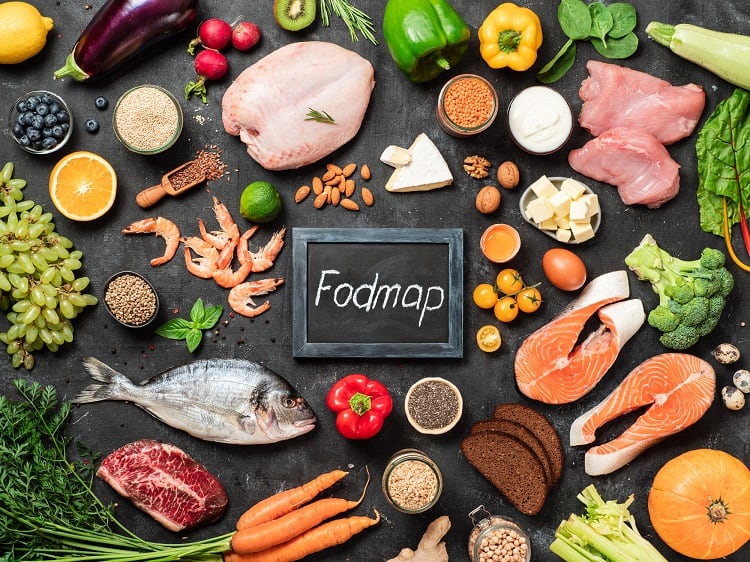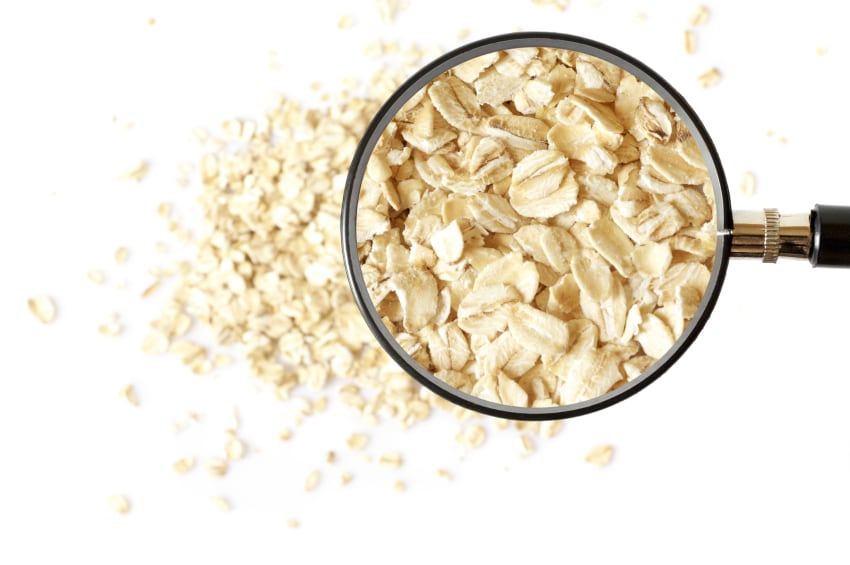The plant-based boom has well and truly hit Europe, with food manufacturers fast developing products free from meat, dairy, and eggs.
The European plant-based market was valued at an impressive €6.78bn in 2019, according to Statista, with increased consumer uptake driven by concerns for health, the environment, and animal welfare, as well as plant-based campaigns such as ‘Veganuary’.
However, not all consumers can stomach the legume-based meat alternatives or cauliflower ‘steaks’ hitting supermarket shelves. Indeed for some, plant-based ingredients containing ‘FODMAPs’ can trigger gastrointestinal symptoms.
Now, researchers in Finland are working to make these plant-based foods more tolerable. And their findings, they say, could be harnessed by industry to develop new plant-based – and stomach-friendly – food products.
FODMAP? Break it down for me
FODMAP is an acronym for ‘fermentable oligo- di- and mono-saccharides and polyols’. Components of several plant-based foods, as well as milk, these short chain carbohydrates are poorly absorbed by the small intestine.
For people with functional bowel disorders, such as irritable bowel syndrome (IBS), foods high in FODMAPs may trigger gastrointestinal symptoms. It is for this reason that a low-FODMAP diet is often recommended for IBS sufferers.
However, since the majority of FODMAPs are found in healthy whole foods such as fruits, grains, pulses, and vegetables, eliminating these foods – rich in dietary fibre, vitamins and minerals – is problematic.
A new study led by Finnish research centre VTT has investigated whether certain FODMAP compounds can be broken down during the food production process.
The project – co-funded by VTT, Finnish food companies Gold&Green Foods, Raisio, and Valio, as well as enzyme supplier Roal – focused on two key FODMAP compounds: galactan and fructan.
Galactan is found in legumes such as baked beans, kidney beans, chickpeas and soy products. Fructan is present in foods such as wheat, artichokes, garlic, onions, and asparagus.
Harnessing enzymes to improve tolerability
The goal of the study was to determine whether enzymes could break down FODMAPs from fava bean and pea protein concentrates, as well as from rye, graham and wheat flour.
The researchers tested both commercial and VTT-produced enzymes, senior research scientist Antti Nyyssölä told FoodNavigator.
Both enzymes were effective, with only small amounts of FODMAPs remaining in the raw materials after enzymatic treatment. In certain cases, VTT’s own enzymes saw better results, Nyyssölä revealed.
“The source of VTT’s enzymes was our own sequence data base, from which we chose suitable candidates,” he explained.
“The commercial enzyme used in the final food models was from Amano, but we also screened enzymes from other providers, such as Novozymes and Bio-Cat. These also performed quite nicely.”
New low FODMAP food products
By reducing the amount of FODMAPs present in these nutrient-rich foods, the researchers hope stomach-friendly food products can be manufactured for FODMAP-intolerant consumers.
Testing the enzymes’ effectiveness in processed foods, such as in plant-based spoonable products, meat analogues and bakery products, returned promising results – particularly given no legume-based foods suitable for the FODMAP diet are currently on the market.
The enzymes can be added during the production process of the actual product, whether that be bread, crackers, or spoonable products, Nyyssölä explained.
Alternatively, they can be added earlier, during the production of FODMAP-containing ingredients, such as protein concentrates or isolates made from legumes. “These are hydrolytic enzymes,” the researcher continued, “once water is present, the reaction begins”.
When asked whether this process could allow FODMAP-intolerant people to consume unprocessed FODMAP-rich foods, such as legumes, Nyyssölä said that performing the reactions under ‘controlled conditions’ – such as during industrial production – would ‘probably be preferable’.
That way, experts could ensure the FODMAPs were sufficiently degraded, he explained. Yet in principle, consuming minimally processed foods with low FODMAPs may well be possible. “Lactase enzyme has been used at home for producing milk low in lactose,” we were told, “which is another FODMAP”.
Next steps
The researchers did not test these low FODMAP foods on FODMAP-intolerant consumers during the study. However, VTT is contributing expertise to an EIT-Food funded project, coordinated by the University of Helsinki, looking at the effects of FODMAP removal on intestinal discomfort.
Known as LeguComf, the project tests these developed products in healthy human volunteers, who report their feelings, sensations, and possible symptoms after eating the products.
The University of Helsinki’s Anne-Maria Pajari, who is heading up the project, believes it should not only enable the innovation of legume-based foods with high consumer acceptance but also reveal reasons behind the intestinal discomfort.
Source: Trends in Food Science & Technology
‘Reduction of FODMAP content by bioprocessing’
Published online 7 April 2020
DOI: https://doi.org/10.1016/j.tifs.2020.03.004
Authors: Antti Nyyssölä, Simo Ellilä, Emilia Nordlund, Kaisa Poutanen



